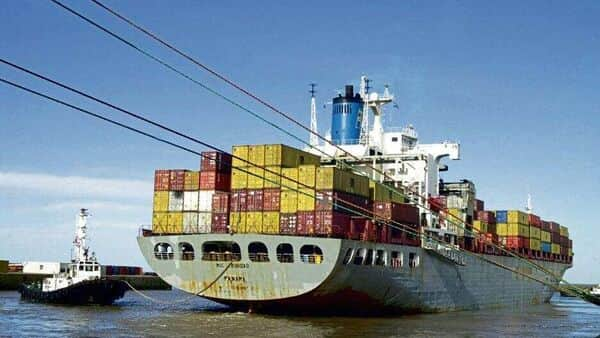- The UK is also pressing for investor protection for British investors and a guarantee that they receive fair and non-discriminatory treatment in case of disputes
NEW DELHI :
The UK is seeking free and trusted cross-border data flows and prevention of “unjustified” data localization in the proposed India-UK free trade pact. The UK demand, which has turned out to be a contentious issues delaying conclusion of the pact, comes even as India is yet to firm up its data protection legislation.
The UK is also pressing for investor protection for British investors and a guarantee that they receive fair and non-discriminatory treatment in case of disputes.
Neither are the two sides on the same page when it comes to demands for a cut in tariffs on cars and whisky. These are among the key reasons the two countries are now set to miss their October-end Diwali deadline for signing the pact.
The pact, it is estimated, will increase the UK’s exports to India by 50% and those from India to the UK by 30% by 2035, as per a UK-India FTA strategy paper reviewed by Mint.
“Our policies on data protection and e-commerce are evolving and therefore it will be difficult to make binding commitments there…,” said an Indian government official on condition of anonymity.
The revised personal data protection bill is likely to be finalized soon and could be released for public consultation by the end of Oct or early Nov, according to reports. The earlier version of the Data Protection Bill, withdrawn earlier this year, had mandated storage of certain data in India, inviting criticism from foreign tech companies among others.
The UK has sought a comprehensive digital chapter in the pact with predictable and open regulatory principles and promoting online consumer protection and business safeguards in digital trade. UK companies have also asked for a strong investment and intellectual property chapter in the agreement.
The UK is seeing sufficient protections for British investors and a guarantee that they receive fair and non-discriminatory treatment, ensuring access to adequate remedies in the event that these obligations are breached.
“If a country has high tariffs, it will always appear to gain less than a country with already lower tariffs in a trade agreement. India is a high tariff country, hence bilateral gains will be difficult to show if it is negotiating a deal with a low tariff country,” said an expert on condition of anonymity.
The department of commerce said India’s approach has been to arrive at a mutually beneficial outcome which boosts economic growth and creates jobs.
Download the Mint app and read premium stories
Log in to our website to save your bookmarks. It’ll just take a moment.
You are just one step away from creating your watchlist!
Oops! Looks like you have exceeded the limit to bookmark the image. Remove some to bookmark this image.
Your session has expired, please login again.
You are now subscribed to our newsletters. In case you can’t find any email from our side, please check the spam folder.
This is a subscriber only feature Subscribe Now to get daily updates on WhatsApp






